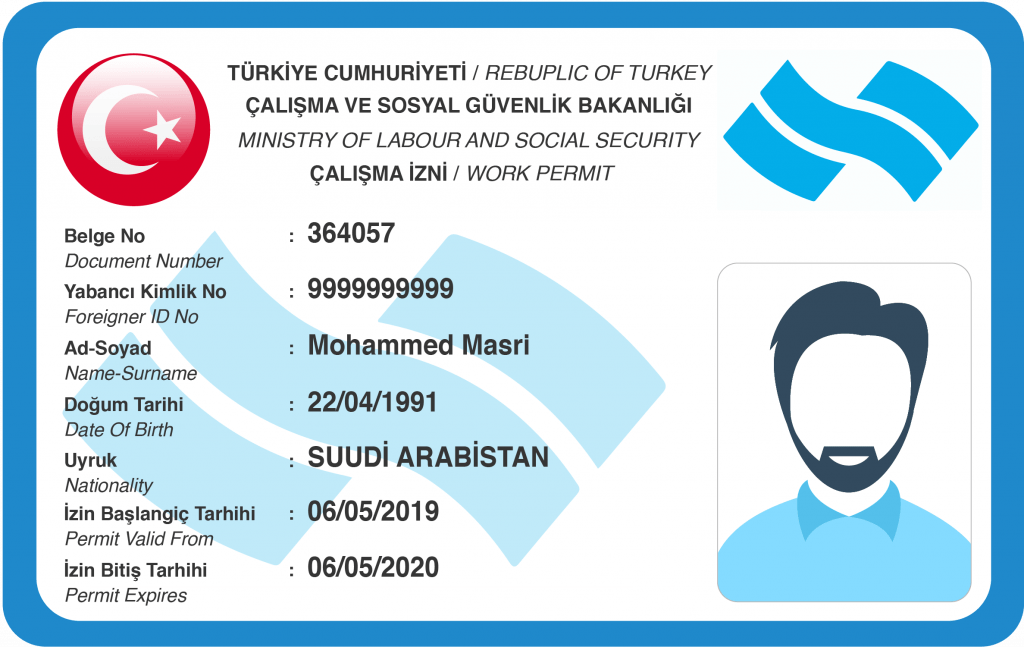Creating a risk management plan for Turkey operations is crucial for successful and sustainable business ventures. As Turkey showcases a vibrant market with unique opportunities, it’s not without its challenges. A sound risk management plan navigates these potential threats by laying a solid foundation. Conduct a comprehensive business risk assessment to identify what might go awry. From economic fluctuations to regulatory shifts, understanding risks is half the battle. Once the pitfalls are spotted, turn to effective risk mitigation strategies. These strategies act like a trusty compass, guiding your business through uncertain waters. Armed with project management tips, you can ensure proactive rather than reactive measures. In the fast-paced world of Turkey operations, staying ahead of risks is key. Remember, a stitch in time saves nine. By dedicating time to crafting a detailed risk management plan, your business stands a better chance to thrive amidst Turkey’s ever-evolving market dynamics.
Essential Components of a Comprehensive Risk Management Plan
A risk management plan begins with a clear outline of identified threats through a thorough business risk assessment. This assessment in Turkey operations requires digging deep to unearth potential economic, regulatory, and operational pitfalls. Keep the “what ifs” front and center, whether it’s currency swings or shifts in local laws. This proactive approach is akin to having radar before a storm hits. Next, incorporate risk mitigation strategies tailored to address these specific vulnerabilities. Each strategy, like a watchful guardian, protects your interests. Consider project management tips that bolster your preparedness, ensuring you’re not left scrambling. With these essential components, your plan remains robust, minimizing surprises along the way. Embrace this process as an ongoing dialogue with your business, continuously refining your plan to meet new challenges head-on.
Every comprehensive risk management plan must include a method for ongoing risk assessment. By using continuous evaluation, you maintain a keen awareness of Turkey operations, enabling swift responses to any and all threats. Regularly updating your business risk assessment can be likened to updating your navigation system before setting sail on rough seas. Furthermore, adaptability is key; the best risk mitigation strategies are those that can change and evolve as quickly as the risks themselves. This flexibility ensures your strategies remain pertinent and effective. Lean on project management tips that encourage agile practices, fostering an environment where rapid adjustments become second nature. Ensure open lines of communication across your team, as collaboration is crucial for recognizing potential risks early. By coupling these elements, your risk management plan becomes not only a strategic document but also a living, breathing guide—a beacon of preparedness amidst the bustling chaos of Turkey’s dynamic market.
To solidify your risk management plan, lay down a framework for monitoring and revising your strategies. A comprehensive approach hinges on consistent oversight, using business risk assessment tools that track variables unique to Turkey operations. Imagine this process as tending to a well-cared garden; it requires attention to detail and periodic adjustments. Risk mitigation strategies should include a dynamic feedback loop, allowing your company to pivot when necessary. Integrate project management tips that emphasize the need for regular, structured reviews to keep your strategy sharp. This vigilance helps evolve the plan and maintains its relevance. Encourage honest feedback and collaboration within teams to catch any issues quickly. By fine-tuning your risk management plan regularly, you ensure it’s not a static document but a robust, adaptable guide. As Turkey’s market landscape shifts, so can your strategies, keeping your business resilient and prepared for anything that comes your way.
Identifying and Analyzing Risks in Turkish Market Context
Understanding risks in the Turkish market begins with a thorough business risk assessment. Turkey operations face unique economic and regulatory landscapes, requiring a keen eye for detail. Identify potential risks ranging from currency volatility to sudden regulatory changes. These risks don’t just sit idle; they demand active engagement. Use project management tips to set up a framework that captures these dynamic elements. Risk mitigation strategies act as the building blocks of this framework, helping to pinpoint vulnerabilities before they fester. By mapping out these threats, businesses can carve out pathways through Turkey’s intricate market maze, ensuring they remain agile. Remember, spotting these risks early is like seeing a storm on the horizon—preparation is your safeguard. A proactive risk management plan becomes essential. Thus, analyzation and identification are the bedrock elements for staying ahead in Turkey’s ever-shifting economic climate.
A solid risk management plan hinges on accurately identifying and analyzing risks within the Turkish market. It requires an eye for the specific challenges and trends that Turkey operations might encounter. Scrutinize factors such as geopolitical tensions, market volatility, and supply chain uncertainties. Each potential threat has its tale to tell, if you listen closely. Adapt business risk assessment techniques to the nuances of the Turkish context. Are there abrupt policy changes looming, or perhaps fluctuating interest rates? Awareness of these risks prompts better decision-making. Risk mitigation strategies are your armor, safeguarding your enterprise against unforeseen circumstances. Utilize project management tips to construct a dynamic response plan. Think of this as a chess game; with each move, anticipate and adapt to stay ahead. Analyzing risks from every angle ensures that your business is not only reactive but also strategically prepared for Turkey’s unique market forces.
When identifying and analyzing risks in the Turkish market context, it’s vital to delve into the specifics of Turkey’s competitive landscape through a comprehensive business risk assessment. Begin with the economic indicators; these act like the heartbeat of the market, giving you real-time insights. Are there signals of inflation or unexpected currency shifts? These elements can be like playing with fire if left unchecked. Employ risk mitigation strategies by keeping a constant watch and preparing continuity plans. Don’t sideline the socio-political factors that can cloud the business environment. Imagine you’re piecing together a puzzle; every factor adds depth and clarity to the bigger picture. Lean on project management tips that emphasize responsiveness and strategic planning—your best allies when adapting to rapid changes. Ensuring that your risk management plan covers these bases can mean the difference between treading water and sailing smoothly in Turkey operations.
Implementing Effective Strategies for Mitigating Operational Risks in Turkey
Launching into Turkey operations without a solid grip on risk mitigation strategies is like sailing without a map. The pivotal first step is developing a rock-solid risk management plan, which serves as your safety net. Begin with a business risk assessment to pinpoint the potential pitfalls lurking in the shadows. Economic shifts and regulatory changes are quicksilver, demanding nimble responses. Once identified, craft strategies that aren’t just checks on a list but dynamic actions tailored to your operation’s heartbeat. It’s here that project management tips become your secret weapon, ensuring preparedness becomes second nature. Picture this: proactive measures as your compass in the turbulent sea of Turkey’s market. It’s not just about dodging the storms, but confidently steering through them. Act now; the future of your business depends on it. Use this structured foresight to carve a niche in Turkey’s vibrant business landscape, ensuring resilience and growth.
With your risk management plan in hand, it’s time to roll up your sleeves and put those risk mitigation strategies into action for Turkey operations. Start by addressing your business risk assessment findings head-on, turning theory into practice. Look at potential economic upheavals or sudden regulatory shifts; these are your cue to act. Tailor your approach, prioritize key threats, and deploy resources where they matter most. Think of your project management tips as the toolkit to strategically tackle each challenge. By breaking down risks into manageable pieces, you fine-tune resilience. This proactive stance doesn’t just prepare you for today, but fortifies your position for future hurdles. Think of it as building a sturdy bridge over turbulent waters, ensuring safe passage. Remember, responsive adaptation fuels growth in Turkey’s dynamic market. Each thoughtfully implemented strategy builds your safety net, keeping your business buoyant as you steer through the currents of change.
When implementing effective strategies for mitigating operational risks in Turkey, communication stands at the forefront. Think of it as the lifeline threading through your entire risk management plan. Initiate open dialogues with stakeholders, ensuring everyone is on the same page. Collective insight is your advantage here—pooling experiences enhances foresight. Integrate project management tips to keep operations running like clockwork, even when the unexpected strikes. Consider layering your safety net with adaptive risk mitigation strategies, capable of evolving with Turkey’s business dynamics. Stay alert to the latest business risk assessment reports; they’re your strategic radar. This vigilant approach transforms potential threats into controlled challenges. Envision these efforts as a dance, where preparation meets opportunity. Every step taken fortifies your business for what lies ahead. Embrace this journey, as your proactive stance equips you to not just survive but thrive amidst Turkey operations.






